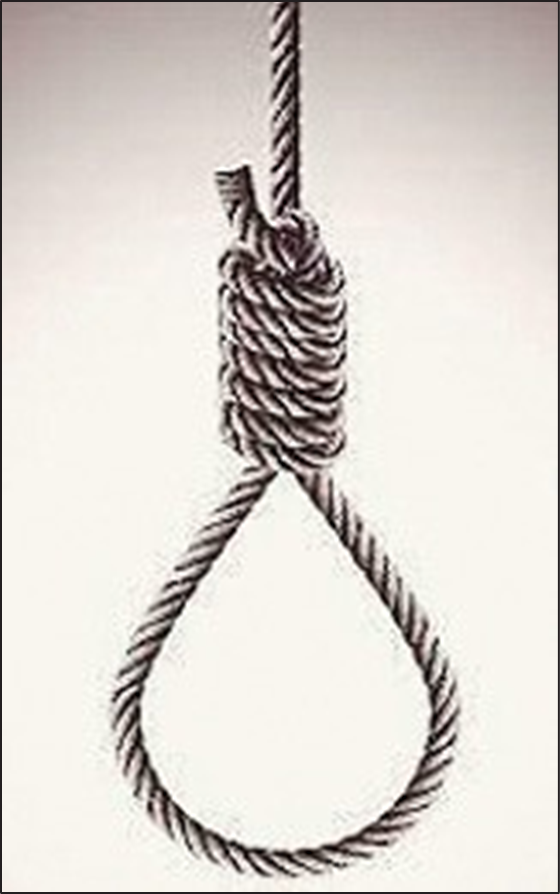August 16, 2024

The executions came eight days after Masud Pezeshkian was inaugurated as president. There was speculation the Judiciary scheduled such a massive execution binge expressly to embarrass the new president and show him who runs the justice system. However, the Judiciary did not publicize the executions. The regime insists executions are needed to deter crime, but doesn’t explain how it is deterring crime when the vast majority of executions are not announced.
Some 22 of the prisoners were hanged at Qezel Hesar Prison outside Tehran while the other seven were hanged at the Karaj Central Prison. The human rights group said 17 were executed for murder, seven for drug offenses and three for rape. The charges against the last two executed were not known.
Three were Afghan nationals convicted of rape, seven were identified as Sunnis, but their charges were not specified. The day before the mass executions, prisoners in the women’s ward of Tehran’s Evin Prison staged a protest objecting to the large number of executions over the past year. Taghi Rahmani, the husband of imprisoned Nobel laureate Narges Mohammadi, 52, said the prison staff violently put down the protest and that his wife was injured when she was punched in the chest, an injury that sent her to the prison infirmary.
According to Amnesty International, Iran executed 853 people in 2023, the highest number of executions in Iran in the last eight years. The Islamic Republic has for many years executed more people than any country except China, but Iran’s executions exceed China’s as a proportion of the population.
